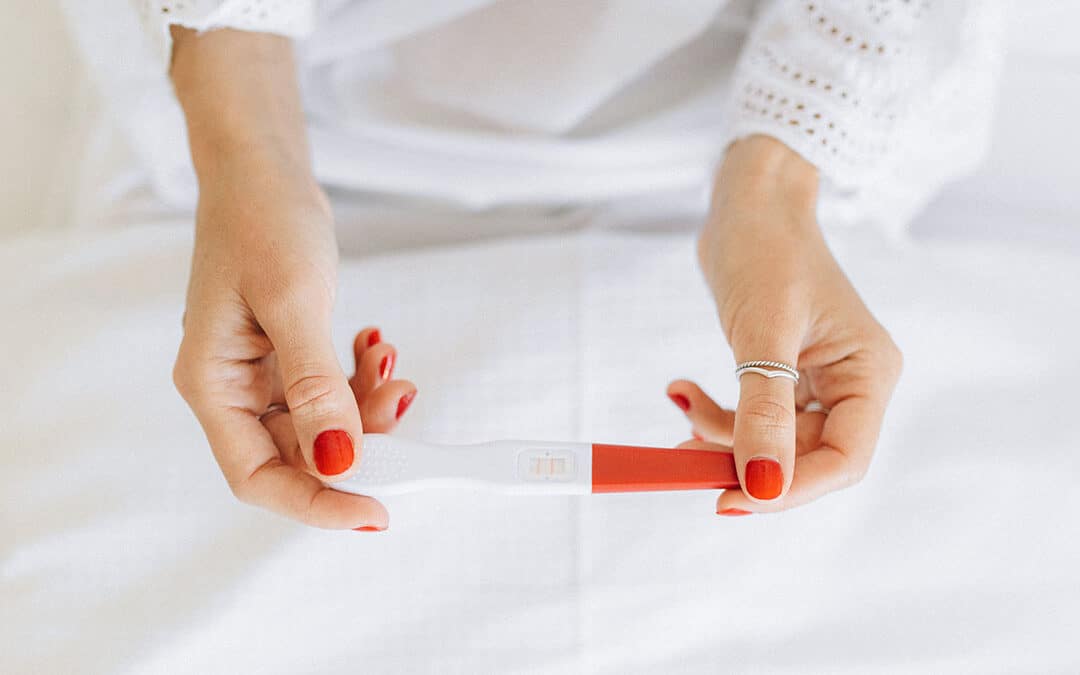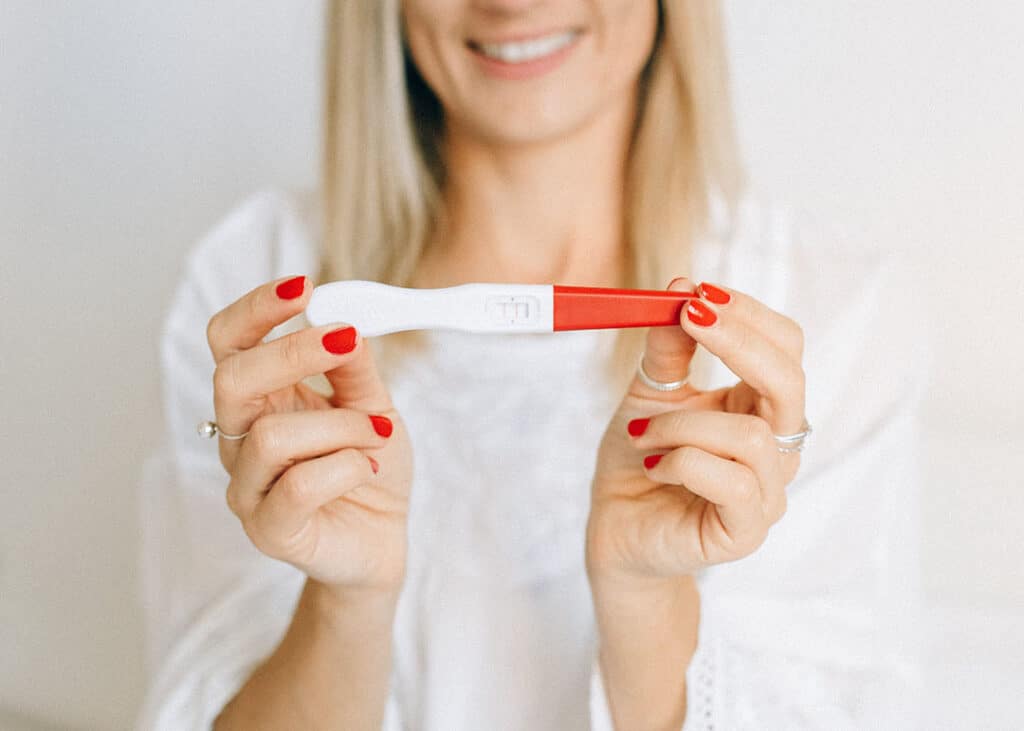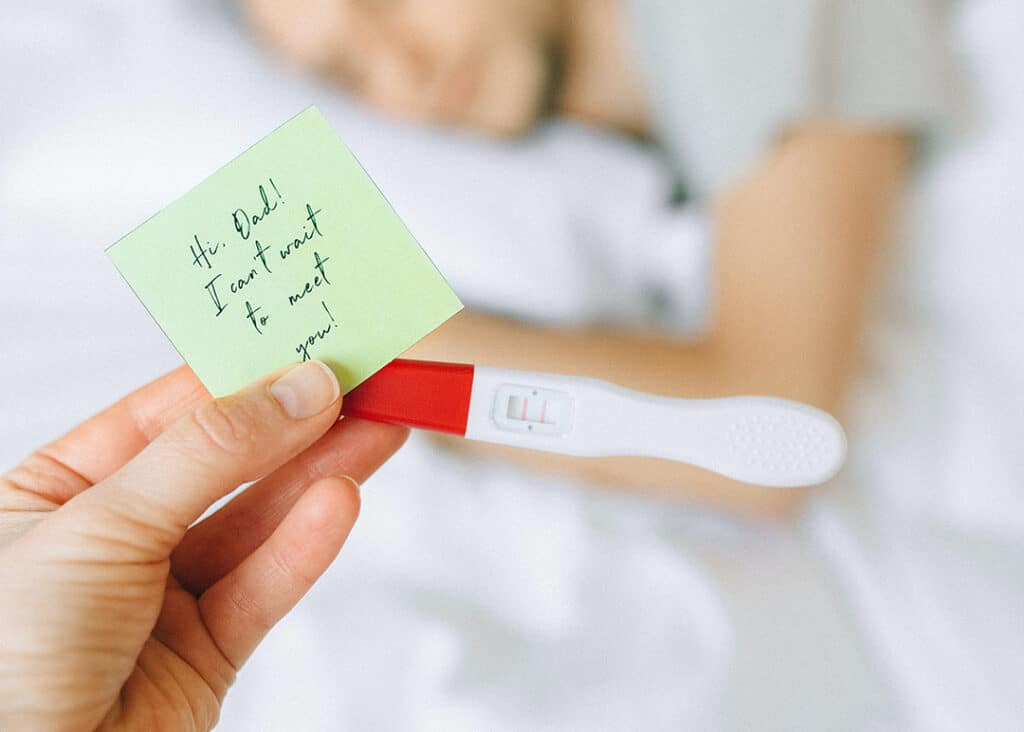Parenthood often begins with the anticipation and curiosity of whether a new life is on the way. The first step in unraveling this mystery is often taken with a pregnancy test. As questions arise regarding the best time to take a pregnancy test, the reliability of results, and the factors that may influence accuracy, it becomes crucial to navigate through the wealth of information available. Have you been wondering when is the best time to take a pregnancy test, morning or night? This exploration will delve into the intricacies of pregnancy testing, addressing questions about the optimal time for testing, the science behind home pregnancy tests, the hormones they measure, and various factors that can impact the accuracy of results. Understanding these aspects is vital for those seeking reliable information on the fascinating and transformative journey of discovering a potential pregnancy.
When Is It Too Early to Take a Pregnancy Test?
If you find yourself eagerly awaiting the possibility of a pregnancy, the question of when it’s too early to take a pregnancy test may linger in your thoughts. Understanding the timing for accurate results is essential in managing expectations and avoiding potential disappointments. Generally, it’s recommended to wait until after you’ve missed your period to increase the test’s reliability. Testing too early, before there’s sufficient hCG in your system, might yield false negatives. The anticipation can be overwhelming, but patience is key when navigating the delicate balance between the desire for swift confirmation and the need for accurate results. Waiting until the appropriate time ensures that the test can detect the hormonal changes indicative of pregnancy, providing you with a more dependable outcome and easing the emotional rollercoaster of uncertainty.
When to Take a Pregnancy Test
The ideal moment to take the test hinges on the regularity of your menstrual cycle. If you have a 28-day cycle, waiting until the day after a missed period enhances the accuracy of the results. For those with irregular cycles, pinpointing the right time might be a bit more challenging, but it’s generally advisable to wait at least 14 days after potential conception. The allure of early testing may be strong, but patience proves invaluable, as testing too soon may yield false negatives. The decision to take a pregnancy test is a delicate balance between the eagerness for confirmation and ensuring that your body has had sufficient time to produce the detectable levels of hCG, the pregnancy hormone.
How Do Home Pregnancy Tests Work?
When you take a home pregnancy test, you are essentially detecting the presence of a hormone called human chorionic gonadotropin (hCG). This hormone is produced by cells that form the placenta shortly after a fertilized egg attaches to the uterine lining. The test typically involves placing a urine sample on a test strip or into a container with reactive chemicals. The magic happens when hCG in your urine interacts with these chemicals, triggering a visible change on the test, such as a color shift or a line formation. This change signals the test result, providing you with valuable information about the potential presence of pregnancy.
What Hormones Do Pregnancy Tests Measure and Why?
Home pregnancy tests are designed to detect a specific hormone known as human chorionic gonadotropin (hCG). The significance of hCG lies in its production by the cells that constitute the developing placenta shortly after a fertilized egg attaches to the uterine lining. The presence of hCG in your body serves as a reliable marker for pregnancy. The levels of hCG rise rapidly in the early stages of pregnancy, making it an ideal indicator for these tests. By measuring this hormone, pregnancy tests provide you with valuable information about the potential commencement of a new life within you. The ability to identify hCG in your urine is what transforms a home pregnancy test into a powerful tool for confirming the exciting news of a possible pregnancy.
When Is the Best Time of Day to Take a Pregnancy Test: Morning, Afternoon, or Night?
Many experts suggest that the timing indeed plays a role in the accuracy of the results. While you can take a pregnancy test at any time of the day, there is a consensus that using your first-morning urine may provide more reliable results. This is because the concentration of human chorionic gonadotropin (hCG), the hormone detected by pregnancy tests, is typically higher in the morning. However, modern tests are designed to be sensitive, and advancements have minimized the time-of-day variations. If you opt for testing later in the day, it’s essential to avoid excessive fluid intake a few hours before to ensure a more concentrated urine sample. Understanding the nuances of timing adds a layer of precision to the testing process, offering you the best chance for accurate and conclusive results.
How Long Does it Usually Take Before You Get Results?
Once you’ve taken the courageous step of conducting a home pregnancy test, the burning question of how long it takes before you get results likely fills your thoughts. The waiting period can feel both suspenseful and nerve-wracking. Generally, most home pregnancy tests provide results within a few minutes, typically ranging from two to five minutes. However, it’s crucial to adhere strictly to the instructions accompanying the specific test kit you’re using, as different brands may have variations in their recommended waiting times.
How Accurate Are At-Home Pregnancy Tests?
Generally, when used correctly, at-home pregnancy tests are considered highly accurate. Modern tests boast impressive sensitivity levels, capable of detecting low concentrations of human chorionic gonadotropin (hCG), the hormone indicative of pregnancy. Accuracy, however, is contingent on several factors, including following the instructions meticulously, using the test during the appropriate window of time, and ensuring the urine sample is not too diluted. In the early stages of pregnancy, these tests can provide accurate results, often exceeding 97% accuracy. However, it’s essential to keep in mind that no test is infallible, and variations in individual factors may impact results. For reassurance and additional confirmation, consulting with a healthcare professional is advisable, particularly if there are uncertainties or if results are inconclusive.
What Can Cause a False Positive Pregnancy Test?
While false positives are relatively rare, certain factors can contribute to them. Medical conditions, such as specific types of cancer, may produce elevated levels of hormones that can be detected by pregnancy tests, potentially leading to a false positive result. Additionally, certain medications containing human chorionic gonadotropin (hCG) or fertility drugs may interfere with the accuracy of the test. It’s crucial to carefully review the medications you are taking and consider consulting with a healthcare professional if you have concerns about potential interactions. Another factor to keep in mind is reading the test results outside the recommended timeframe, as this may lead to misinterpretations or false positives. While false positives are uncommon, understanding the potential contributing factors ensures a more informed approach to interpreting test results accurately.
Can Medication Affect the Pregnancy Test Results?
Yes, the medication you are taking can potentially affect the results of a pregnancy test. Certain medications, particularly those containing human chorionic gonadotropin (hCG) or fertility drugs, may interfere with the accuracy of the test. These medications can introduce hCG into your system, which is the hormone detected by pregnancy tests. If a pregnancy test is designed to measure hCG, the presence of this hormone from medication could lead to a false positive result.
If you are taking any medications and are considering taking a pregnancy test, it’s essential to inform healthcare professionals about the medications you are using. They can provide guidance on whether the medications you’re taking might influence the test results and advise on the best course of action for accurate testing.
Understanding the intricacies of timing, hormone detection, and potential factors impacting accuracy is crucial for you as you embark on this transformative journey. Now you no longer have to wonder when the best time to take a pregnancy test is. Whether you opt for morning or nighttime testing, remember that patience and adherence to instructions remain paramount. Consulting healthcare professionals for guidance and clarity ensures that you make informed decisions and accurately interpret results, guiding you along the path of parenthood with confidence and reassurance.




